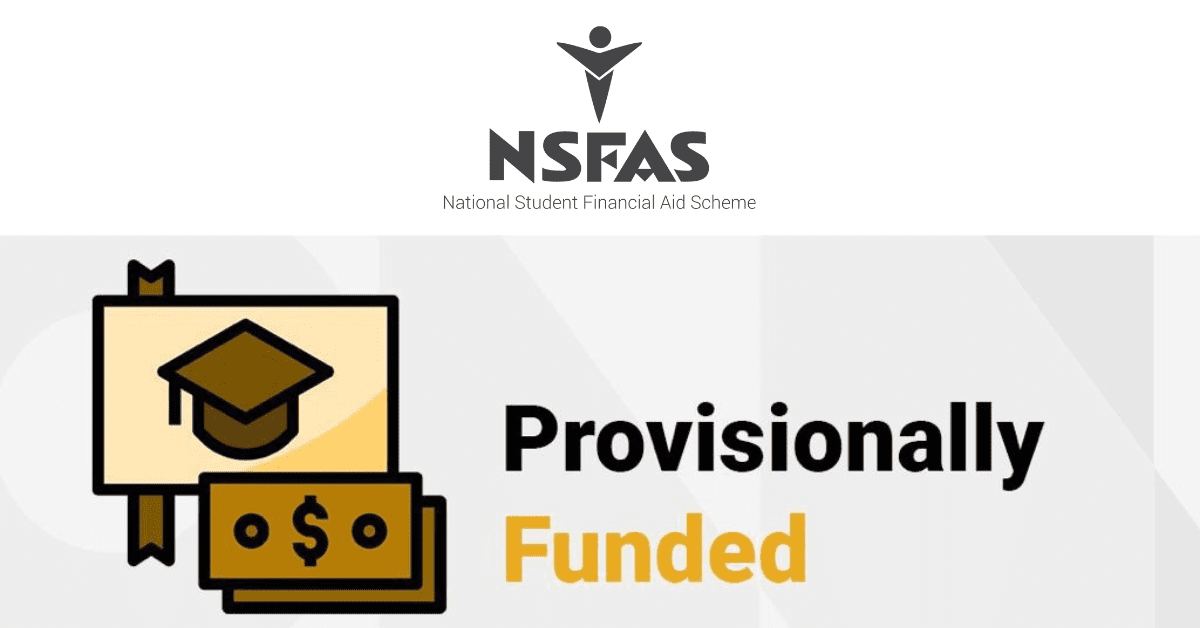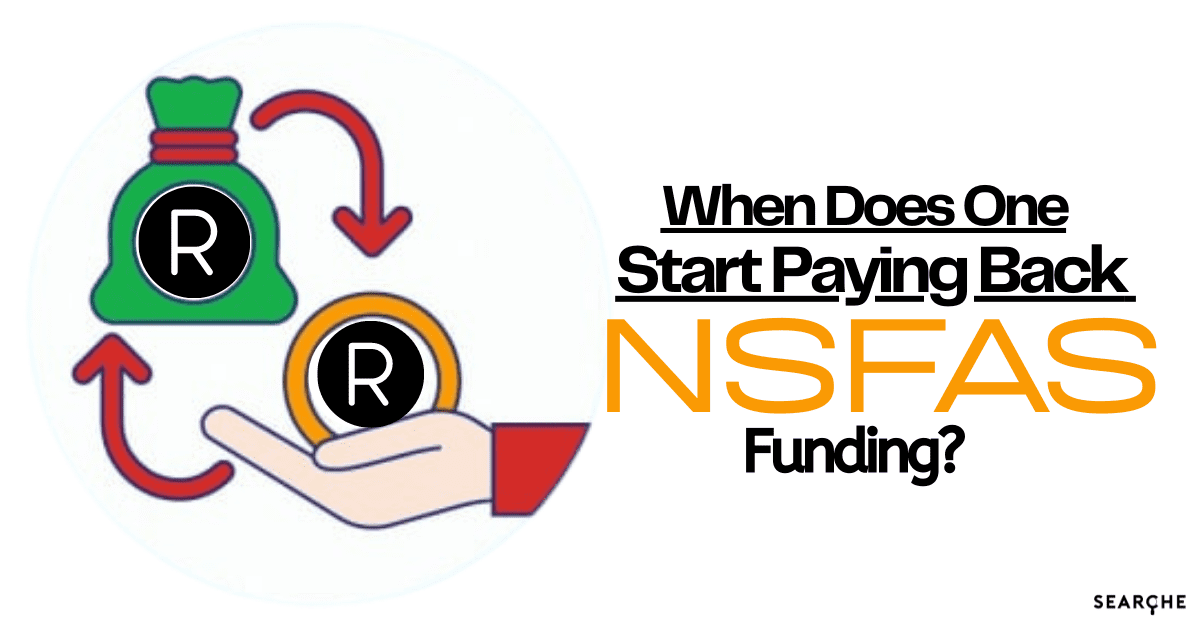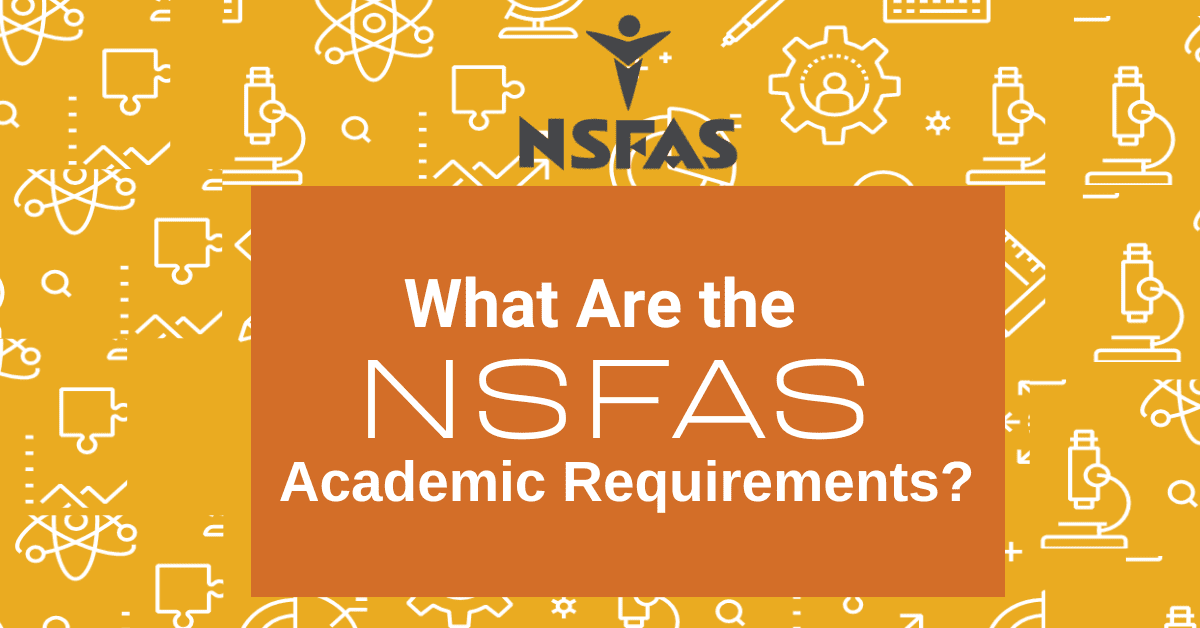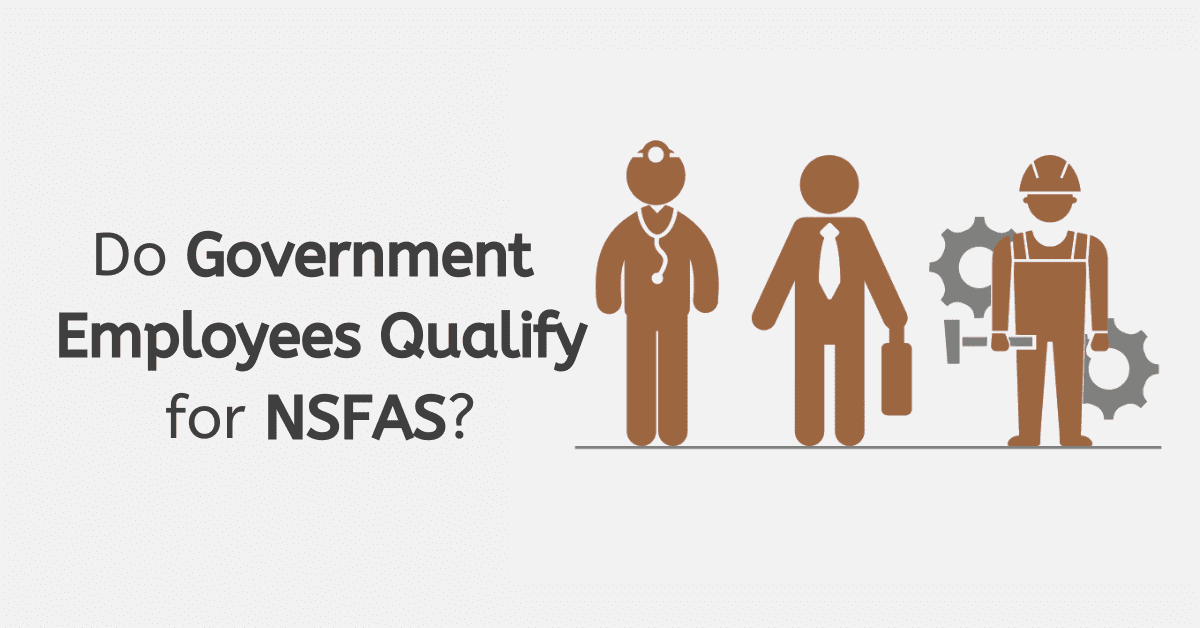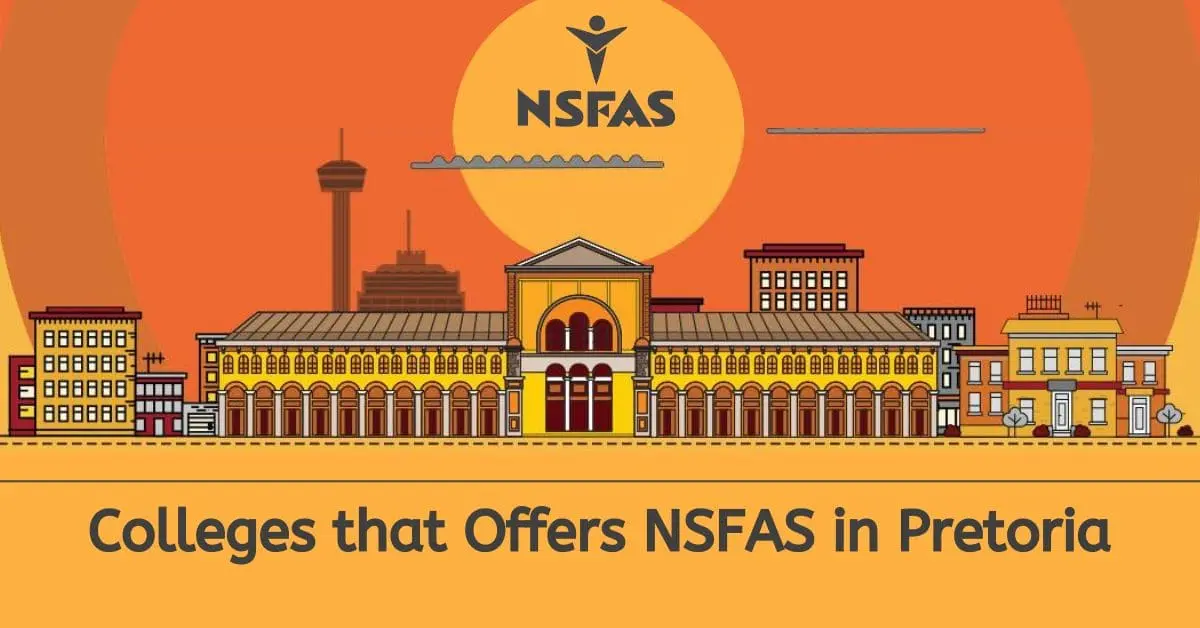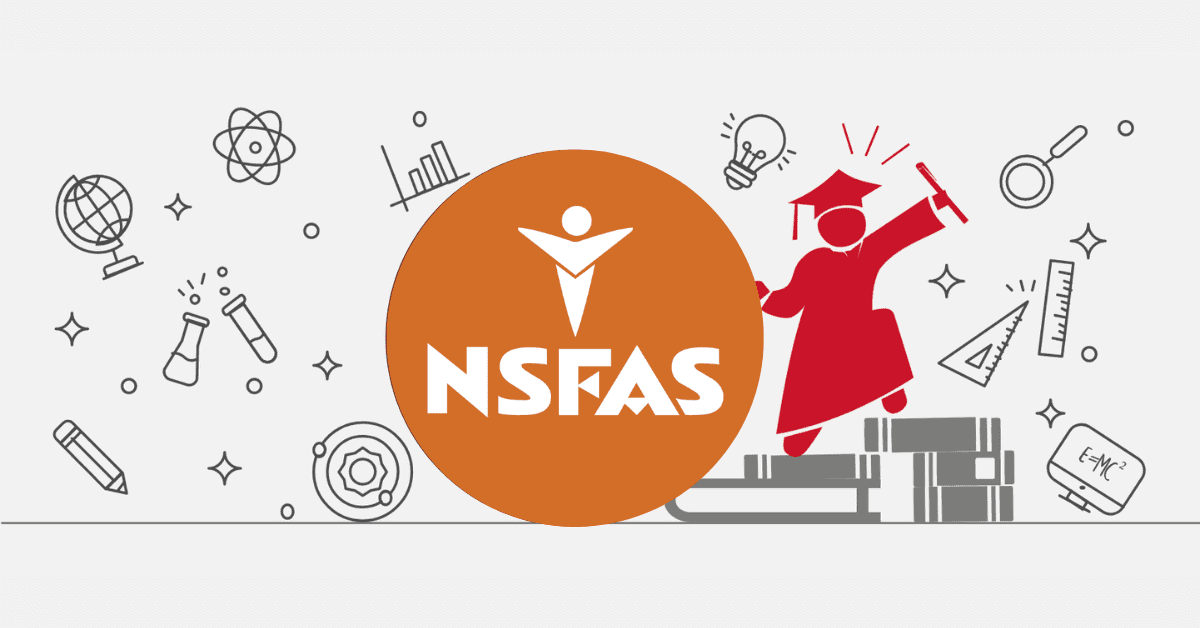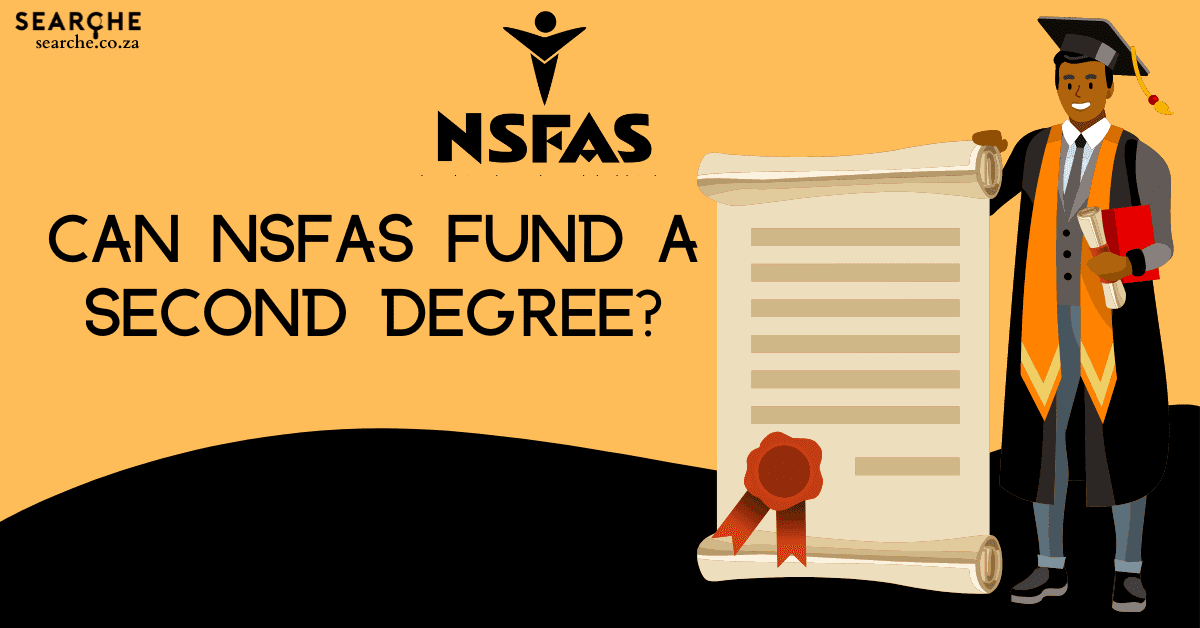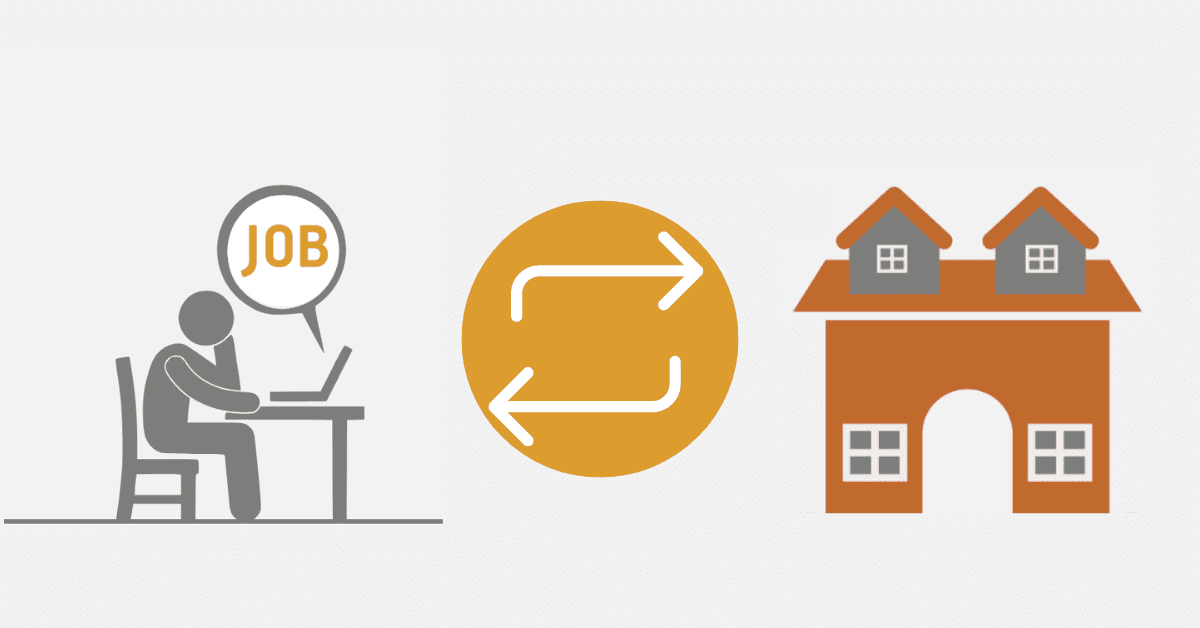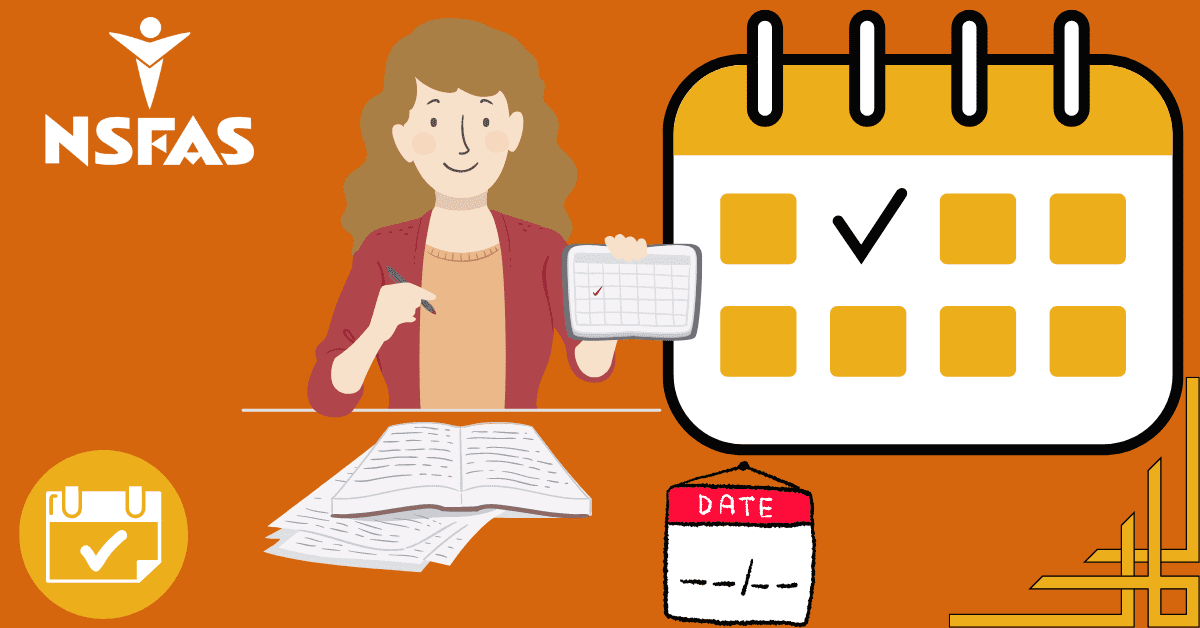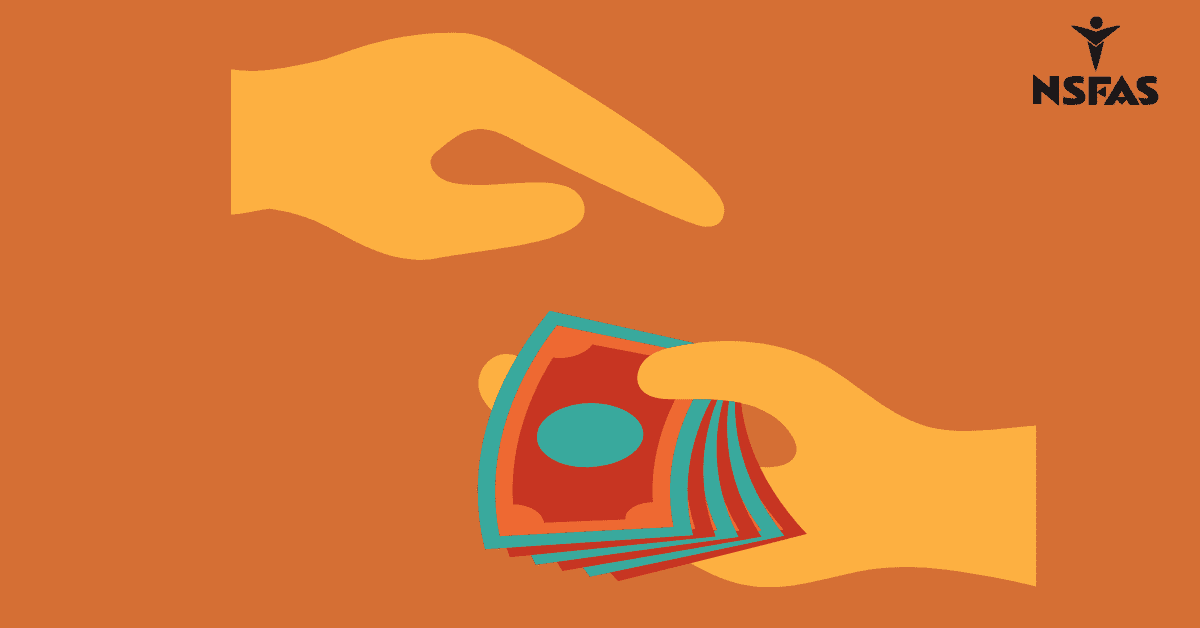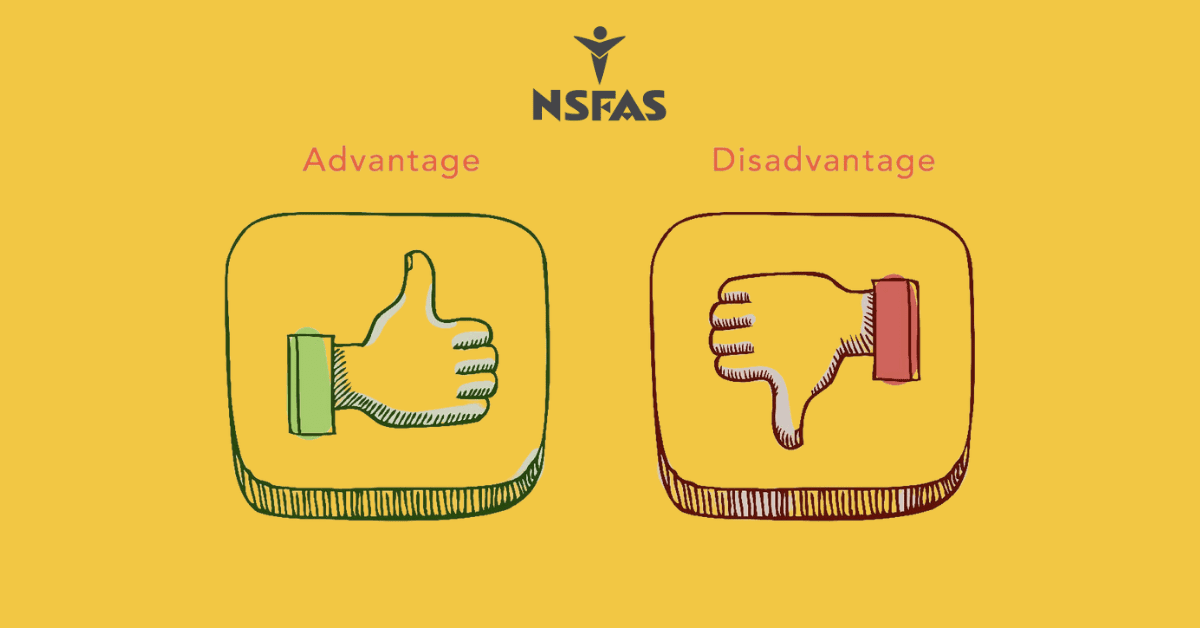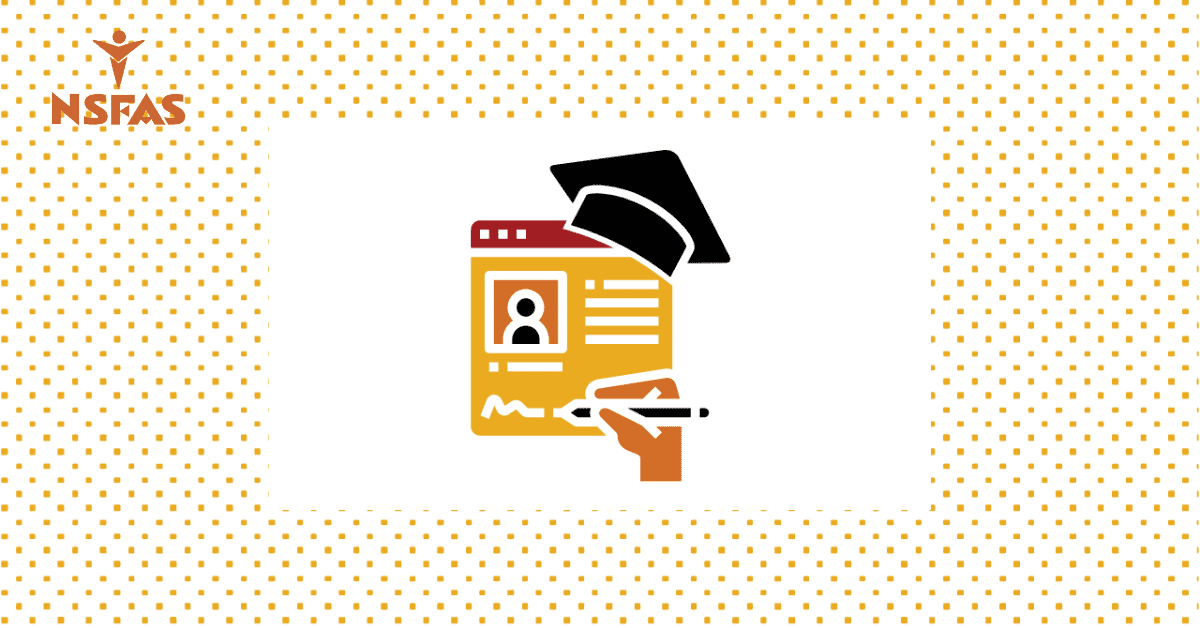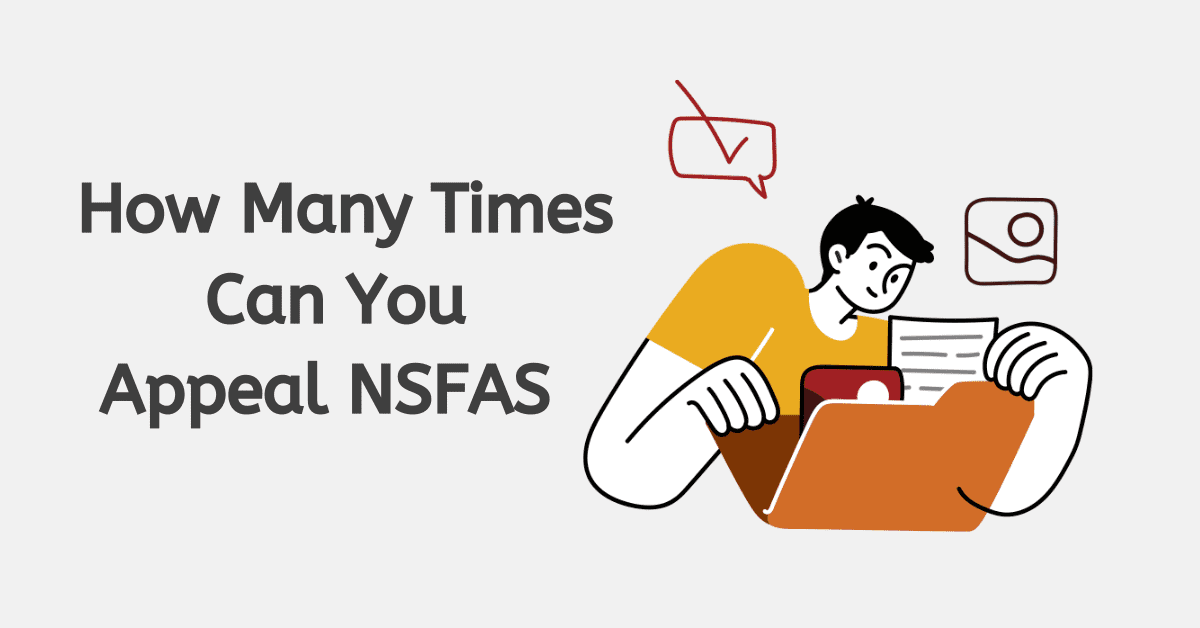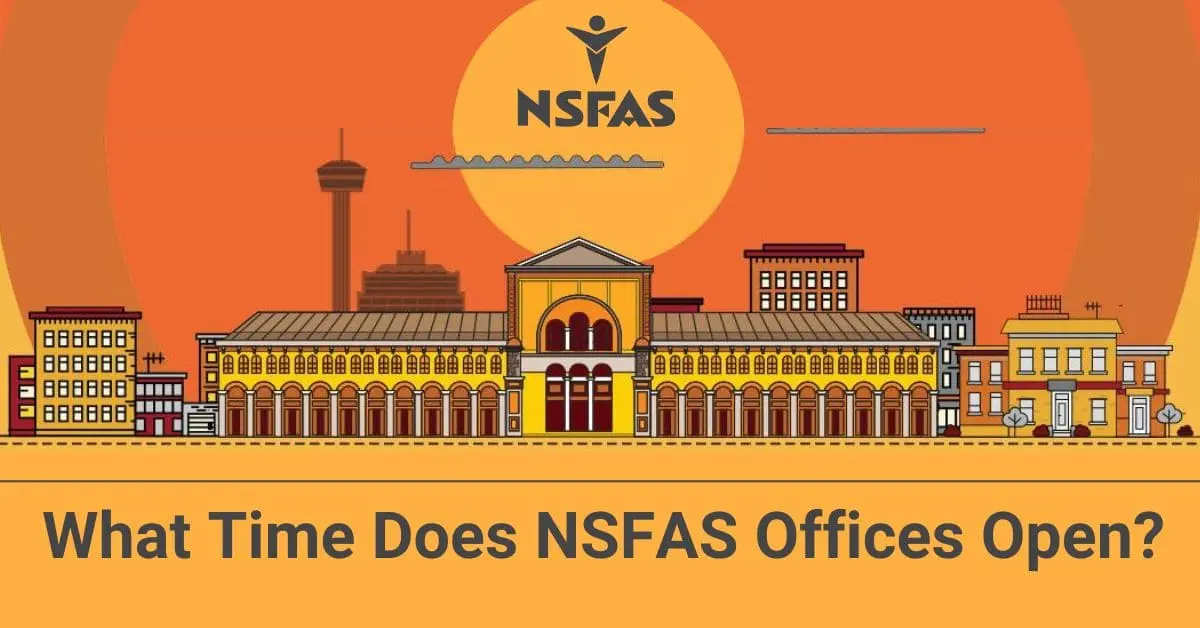While the National Student Financial Aid Scheme (NSFAS) tries to help as many disadvantaged students access educational funding, their resources are limited, and they cannot help everyone. With an uptick in applications to the fund, rejections are also becoming more common- but you still have the option to appeal your rejection and possibly receive a second chance at funding. Here’s what you need to know about NSFAS appeals and the required documents.
What Documents Are Needed For NSFAS Appeal
The documents you need for an NSFAS appeal will depend heavily on why you were rejected. If it was simply for missing documents, you need to go back to your application form, carefully check every document they are asking for, and ensure they are attached in readable formats. Make sure your application form is 100% complete before resubmitting, too, as it is common for missing sections or information to trigger a rejection.
For other rejections, you will need:
- A well-written appeal letter stating the reasons for your appeal and providing any additional relevant information.
- Transcripts, certificates, or any relevant academic documents that support your appeal, such as proof of satisfactory academic progress or outstanding academic achievements, if the rejection was linked to academic performances
- Any additional documents that support your appeal and provide relevant information, such as medical certificates, legal documents, death certificates, or letters of recommendation, that could impact their decision favourably in your case.
You should also have a completed NSFAS registration document and all standard supporting documents needed for NSFAS (income proof, ID, etc). If you are using the online portal, your original document and uploads should still be there but triple-check that they are correct and complete. If there’s any confusion, ask the NSFAS call centre what they require through one of their help channels.
How Do I Write An Appeal To NSFAS?
Your NSFAS appeal letter must be under 1000 words and clearly state the reasons you are appealing and what proof you offer on the matter. Make sure you understand the reasons for the initial decision and the specific grounds on which you can appeal. Use a professional and formal format for your letter. Include your contact information and the date, and address it to the appropriate authority at NSFAS, just like a business letter.
Begin your letter by clearly stating that it is an appeal against a specific decision, and reference what that was. Be sure to provide the relevant reference numbers or details related to your application and initial rejection. In a respectful and concise manner, explain the reasons for your appeal. Provide a detailed explanation of any extenuating circumstances or any information that was not initially considered. Be honest and transparent in your explanation and maintain a polite, respectful tone. Avoid any confrontational or aggressive language.
Don’t forget to include any supporting documents that strengthen your case! The more proof, the better at this point in the appeals process. Ensure that the documents are legible and clearly labeled, in a standard format like JPG or PDF and without passwords.
Who Should Not Appeal For NSFAS?
You cannot appeal to NSFAS if you were rejected because:
- They don’t fund the qualification
- You’ve ‘timed out’ on the N+1 rule (or whichever applies if you have disabilities or other circumstances)
- You don’t meet the academic criteria for your institution or NSFAS guidelines
- The error is on the institution’s side- here, you need to deal with them, not NSFAS
This will simply waste everyone’s time and will not get your funding for you.
What Happens When Your NSFAS Appeal Is Rejected?
Typically, if your NSFAS appeal is rejected, it means that your request for reconsideration has been denied, and the original decision will stay unchanged. This means that you will not receive the financial assistance you applied for. It is unlikely that further appeals related to the same decision will be considered. However, be sure to review the notification carefully to check if any remaining options are mentioned.
NSFAS will notify you of the rejection of your appeal in writing. The notification will be sent via email, mobile channels, or through the online NSFAS portal, depending on how you applied. The communication will explain the reasons for the rejection and provide any additional information relevant to your case.
If your NSFAS appeal is rejected and you still need financial assistance, you will have to explore alternative funding sources like scholarships, bursaries, part-time work opportunities, student loans, or assistance from other organizations. Reach out to your institution’s financial aid office or guidance counselors, or even local social workers. They can provide guidance, support, and information on other potential funding opportunities.
The best thing you can do to avoid an NSFAS appeal being necessary is to be very meticulous on your original application, making sure the form is 100% complete, you attach all supporting documents, and you meet all of their criteria. However, if you do receive an initial rejection, don’t be afraid to try the appeals process in the hope you can secure your funding.
